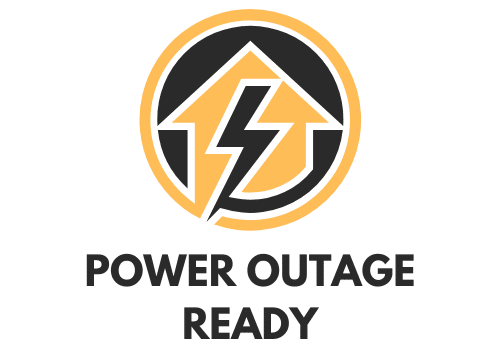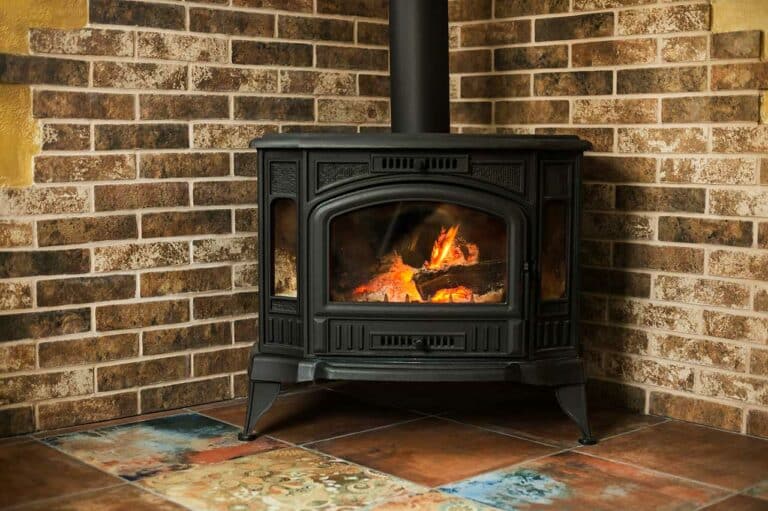Will My Gas Water Heater Work In A Power Outage? (What to Know)
Power outages can throw a wrench in our daily routines, and one common concern is whether your gas water heater will continue to function during these times. I mean, everybody needs to shower, right?
Well, there are two types of gas water heaters, and whether or not yours will work during a power outage depends on which type you have.
One of them will work. One won’t.
So, let’s find out what yours is about to do.
Impact of Power Outages on Gas Water Heaters
Gas water heaters come in two key types: those with electric ignition and those with pilot-controlled ignition. Your experience during a power outage will vary greatly depending on the type of gas heater you have. In general, gas water heaters with electric ignition run the risk of not working in a power outage, as they won’t be able to ignite once the water in the tank cools. Pilot-controlled gas heaters are more reliable, as they use a continuous gas pilot light that doesn’t rely on electricity.
Electric Ignition Water Heaters
Electric ignition water heaters require an electric spark to ignite the gas burner. This means they depend on electricity to initiate the heating process. During a power outage, once the water in the tank has cooled, the heater won’t be able to reheat it due to the absence of this ignition spark. So, if your heater utilizes electric ignition, you may not have access to hot water during a blackout. Once the tank is empty, it’s empty.
Pilot-Controlled Water Heater
Pilot-controlled water heaters use a continuous gas pilot light for ignition. This pilot light does not rely on electricity, making these heaters more resilient during power outages. If you have a pilot-controlled heater, it will continue to provide hot water even during a blackout, as the pilot light remains unaffected and can keep igniting the main burner.
Tankless Water Heaters
Tankless water heaters, as their name suggests, heat water directly without the use of a storage tank. When a hot water tap is turned on, cold water travels through a pipe into the unit. There, either a gas burner or an electric element heats the water, providing a constant supply of hot water.
Just like their tanked counterparts, tankless water heaters can be primarily categorized into two types based on their ignition or heating method: gas-powered and electric. The functioning of each during a power outage is distinct.
Gas-Powered Tankless Water Heaters
Gas-powered tankless water heaters use a gas burner to heat the water. However, their operation during a power outage depends on their ignition system:
- Electric Ignition: Units with an electric ignition rely on an electric spark to ignite the burner. In the event of a power outage, these heaters will not be able to provide hot water, as they require electricity to initiate the heating process.
- Pilot Light: Heaters with a pilot light are more resilient during power outages. The pilot light, which does not depend on electricity, continuously burns and provides the necessary ignition for the gas burner. Therefore, these units can continue to provide hot water even during a blackout.
Electric Tankless Water Heaters
Electric tankless water heaters utilize electric elements to heat the water and are entirely dependent on electricity. During a power outage, these heaters won’t function. If you own an electric tankless water heater, you will not have access to hot water until the power is restored.
In the rapidly evolving world of water heaters, some modern tankless units come equipped with features like battery backup systems or alternative ignition methods to address the challenges posed by power outages. If you want your electric tankless water heater to continue to work in a power outage, this is the type you need.
Maintaining Hot Water Supply During Power Outages
While not all water heaters will continue working in a power outage, that doesn’t mean you will immediately run out of hot water in your home. Many water heaters have quite large storage tanks, and the water supply in them can last a good long while if you’re smart in your usage.
Just keep in mind that the hot water supply in a tanked water heater will also be affected by the conditions around it. Your hot water will run out faster in a winter power outage than in a summer one, for instance.
Conserving Your Water Supply
Here are some tips to help you conserve that precious resource of hot water during a power outage:
- Take shorter showers: Limit your showers to a few minutes to save hot water for other uses.
- Turn off the water while shampooing or soaping up: Don’t let the water run when you’re not actively using it. This will help conserve hot water during your shower.
- Use cold water for chores: Opt for cold water when doing dishes or laundry. This will save the hot water for more essential tasks, like bathing and cooking.
- Limit dishwasher use: During a power outage, consider washing dishes by hand, as this can largely eliminate hot water use.
Navigating Power Outages: Your Gas Water Heater’s Performance and Preparedness
The impact of a power outage on your gas water heater largely depends on the type of heater you have. Whether you use a traditional tanked heater or a modern tankless version, understanding their nuances will help you better prepare for any unexpected power cuts.
In times of no electricity, having a game plan for conserving your hot water supply can make a huge difference. By prioritizing essential activities and being conscious of your water usage, you can extend your hot water supply even if your water heater is no longer heating.




